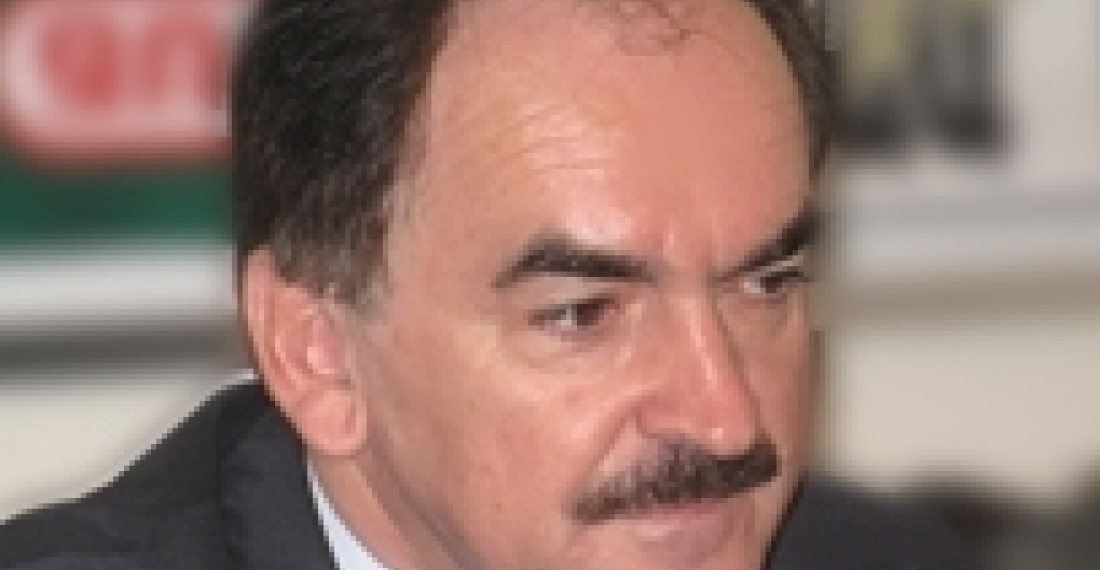Poland is interested in providing more resources to the EU Eastern Partnership Project (EPP) partner-states, Polish Ambassador to Armenia Zdzislaw Raczynski said in a press conference, on Monday.
He said that EU allocated over 4 bln EUR assistance to the EPP partner-states. Poland is one of the counties that come out for provision of more resources for EPP goals.
"We believe that we do not deal just with Europe's neighbors, but with European neighbors. We believe that these countries are able to achieve such a level of internal reforms and development that EU-membership will be put on their political agenda. It is a remote topic so far, and no one speaks of it not to arouse any false expectations, on the one hand, and opposition, on the other hand. These countries are not ready to such proposal at present. This issue may take decades. To shift the future, more resources are required," the Ambassador said.
Ambassador of Poland to Armenia:
Ambassador of Poland to Armenia:







